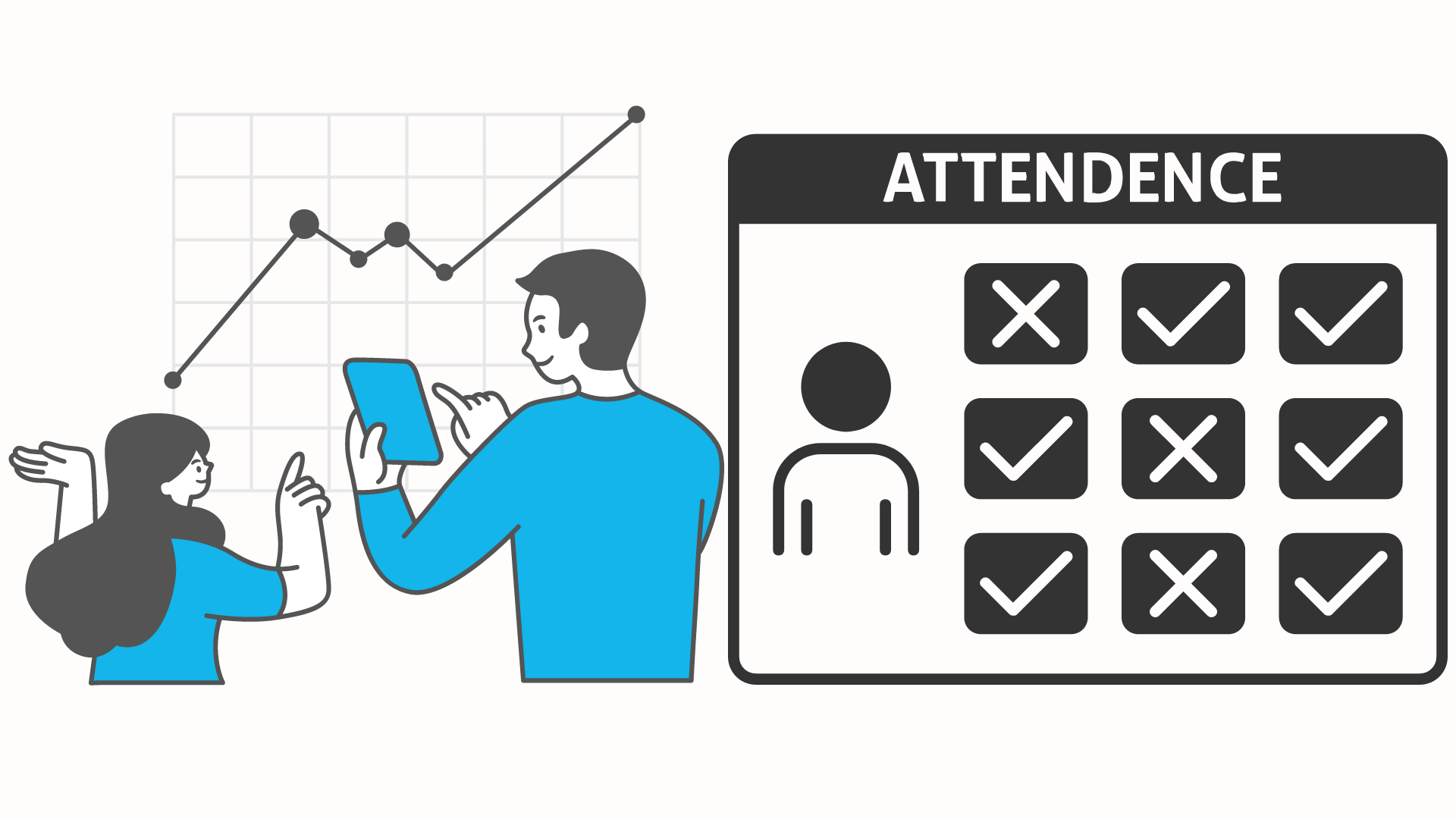

.png?width=946&height=1128&name=Identify%2c%20measure%2c%20report%20and%20respond%20to%20wellbeing%20needs%20(5).png)
At Life Skills GO, our mission is simple: to empower student voice through technology, helping schools drive better outcomes by providing evidence-based wellbeing data—from the students, for the students.
Our Vision:
Every child is seen, heard, and supported to thrive in life.
Life Skills GO brings together a team of experts—teachers, wellbeing professionals, curriculum advisors, psychologists, engineers, neuroscientists, and researchers—working hand in hand with the education community to build a platform that supports whole-school wellbeing for every teacher and student.
Life Skills GO is an innovative wellbeing platform built for the K-12 sector, providing real-time and crucial wellbeing data, metrics, insights, and reports along with evidence-based, trauma-informed, and curriculum-aligned resources to schools. This enables educators to make informed, data-driven decisions regarding whole school and student wellbeing, ensuring that every student is empowered, and every teacher is equipped to support them.
Uniquely, it also allows schools to measure the effectiveness of their wellbeing programs, offering a groundbreaking tool for continuous improvement and supporting school leaders to make informed resourcing decisions about their wellbeing initiatives.
With a wealth of actionable data at their disposal, schools and educators can better detect patterns and deploy precise interventions. This capability also lays the groundwork for proactive and preventative strategies in educational environments.
.png?width=946&height=1128&name=Identify%2c%20measure%2c%20report%20and%20respond%20to%20wellbeing%20needs%20(6).png)
Surface trends in the responses of the class and instantly identify students that may need additional support.
This enables teachers to clearly view reports and data based on the most relevant information.
Easily find evidence based, curriculum aligned resources to create ILP/PLP’s or assign units and lessons to the class.


See an instant snapshot of students' readiness to learn and students in need. Move into a preventative/proactive space by quickly identifying student emotions before they start the day or identify longitudinal patterns.
Shows an overview of the context each student selects as part of their check-in indicating where these feelings are originating, such as at home or in the playground.

Maintain visibility over students who are register negative emotions for more than 50% of their check-ins. Students can be added, removed or filtered by date.
ILP's and PLP's can be quickly created and instantly assigned to individual students for behavioural intervention.

Obtain real-time insights on individual students, classes, stages and whole school wellbeing.
Effortlessly track engagement, progress, and outcomes of Emotion Check-ins and digital lessons at class or school-wide level. Gain insights, validate strategies, and ensure consistent platform usage with staff visibility.

Triangulated wellbeing data by integrating emotion check-in data with attendance and behaviour data. Gain comprehensive insights to support student well-being effectively.

Life Skills GO helps create a common understanding of each child's wellbeing among parents and educators.
Foster collaborative discussions and holistic support by sharing insights with parents, counsellors, and stakeholders.
Guide targeted interventions addressing specific needs and challenges related to student and family wellbeing using evidence-based understanding.